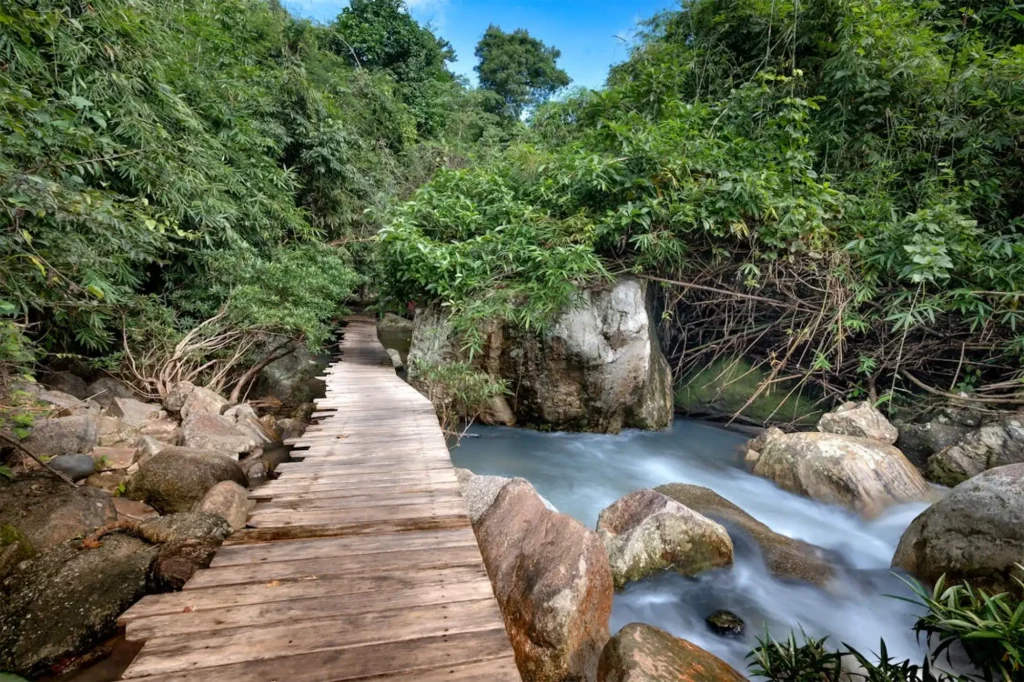The rewilding of the resort near Sukhna Sanctuary has had a transformative impact—reviving the local ecosystem, attracting native birds, butterflies, and pollinators, and creating a self-sustaining forest that blends seamlessly with the surrounding sanctuary. What was once a manicured space is now a thriving natural habitat, offering guests an immersive experience in biodiversity while demonstrating how hospitality and ecological restoration can coexist meaningfully.
The rewilding of the resort near Sukhna Sanctuary has had a transformative impact—reviving the local ecosystem, attracting native birds, butterflies, and pollinators, and creating a self-sustaining forest that blends seamlessly with the surrounding sanctuary. What was once a manicured space is now a thriving natural habitat, offering guests an immersive experience in biodiversity while demonstrating how hospitality and ecological restoration can coexist meaningfully.
The resort near Sukhna Sanctuary has had a transformative impact—reviving the local ecosystem, attracting native birds, butterflies, and pollinators, and creating a self-sustaining forest that blends seamlessly with the surrounding sanctuary. What was once a manicured space is now a thriving natural habitat, offering guests an immersive experience in biodiversity while demonstrating how hospitality and ecological restoration can coexist meaningfully.
The rewilding of the resort near Sukhna Sanctuary has had a transformative impact—reviving the local ecosystem, attracting native birds, butterflies, and pollinators, and creating a self-sustaining forest that blends seamlessly with the surrounding sanctuary. What was once a manicured space is now a thriving natural habitat, offering guests an immersive experience in biodiversity while demonstrating how hospitality and ecological restoration can coexist meaningfully.















